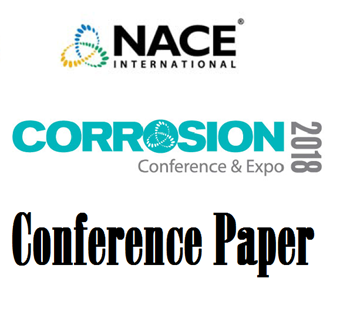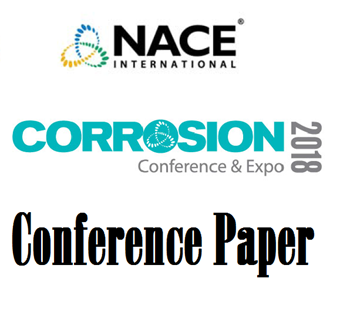Search
51318-10736-Effect of various alkanolamines on the corrosion behavior of N80 steel in impure SC-CO2 environments
Also Purchased
51318-10708-Polyaniline/Silicon Dioxide Containing Coating for Use in Artificial Geothermal Brines
Product Number:
51318-10708-SG
Publication Date:
2018
$20.00
51318-10798-Development of a Practical Model for H2S Corrosion Prediction for Upstream Oil and Gas Applications
Product Number:
51318-10798-SG
Publication Date:
2018
$20.00
51318-10700-Environmentally Assisted Cracking of High Strength Nickel Based Alloys Under Cathodic Protection
Product Number:
51318-10700-SG
Publication Date:
2018
$20.00



